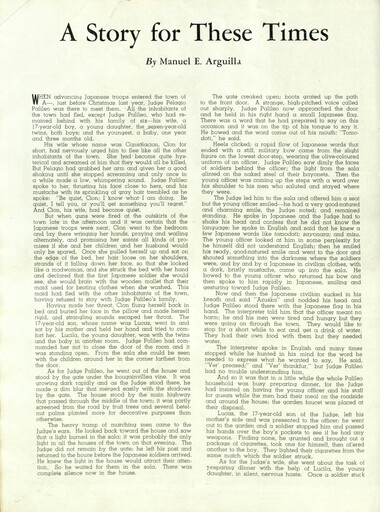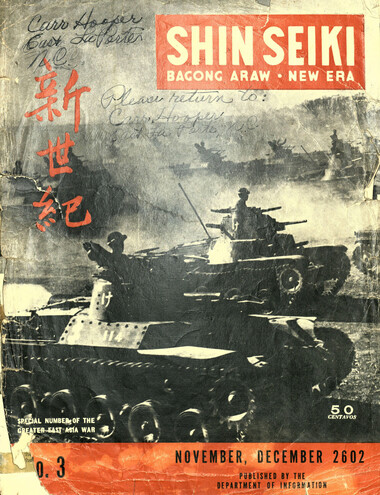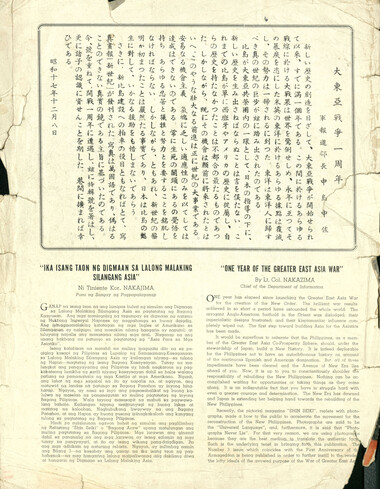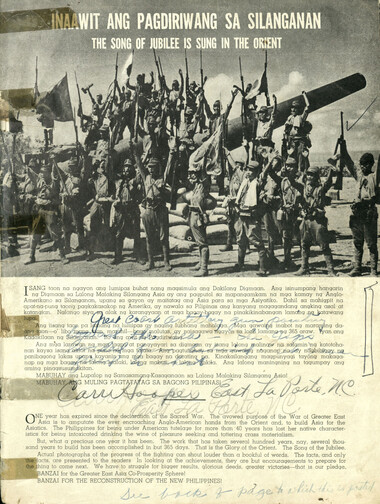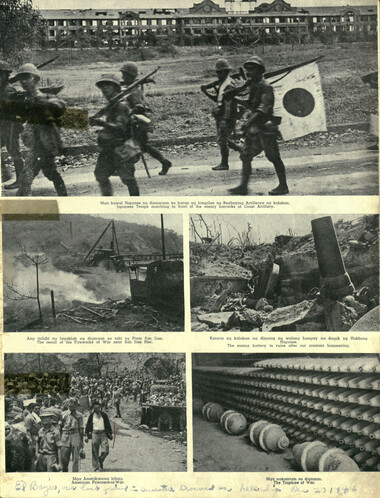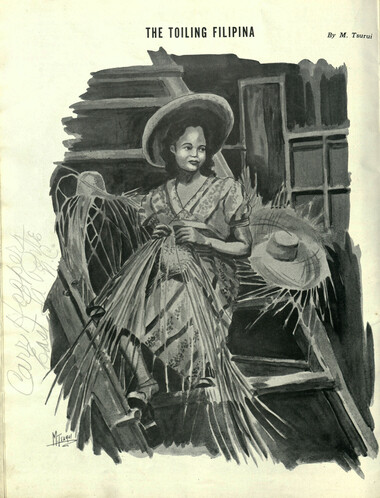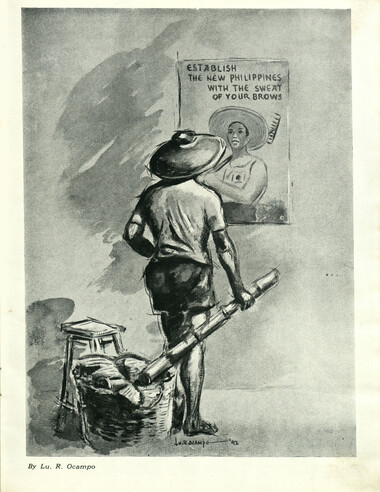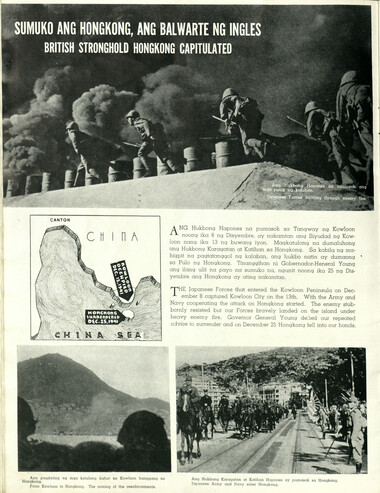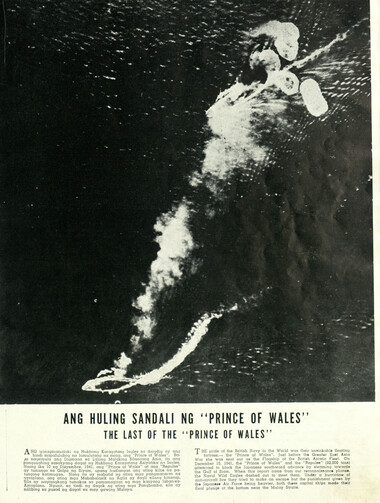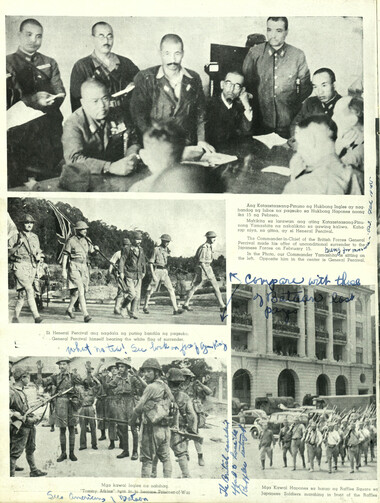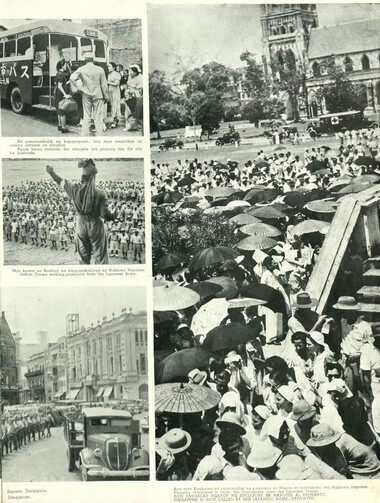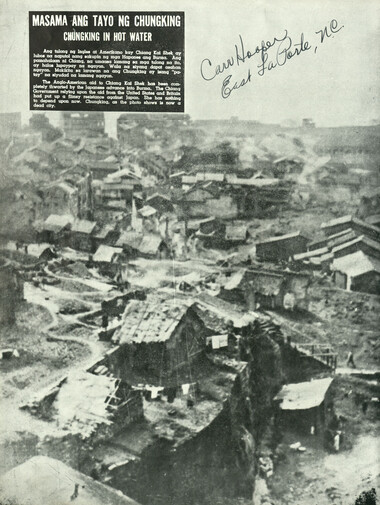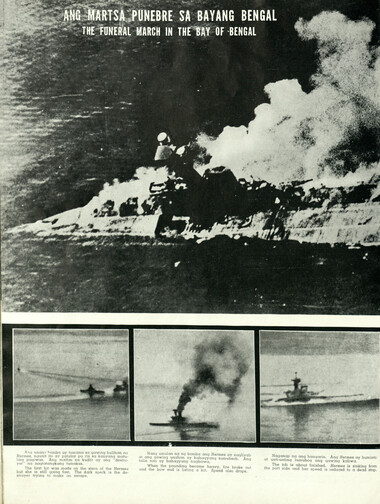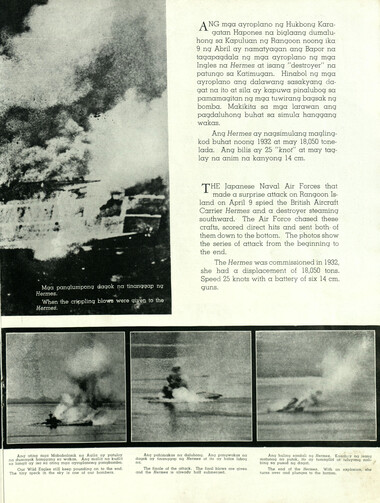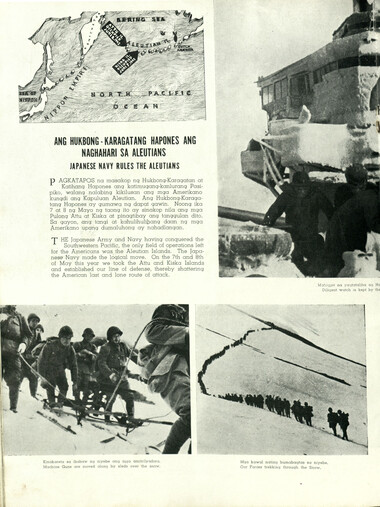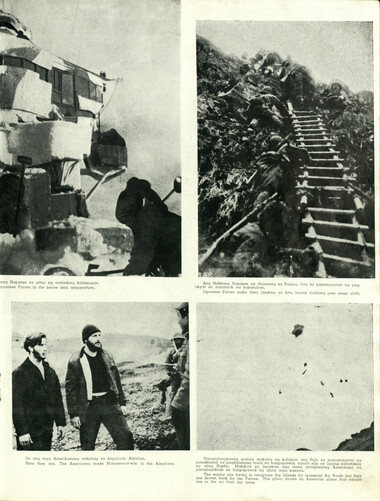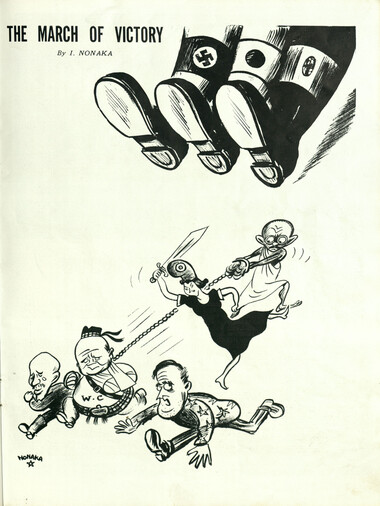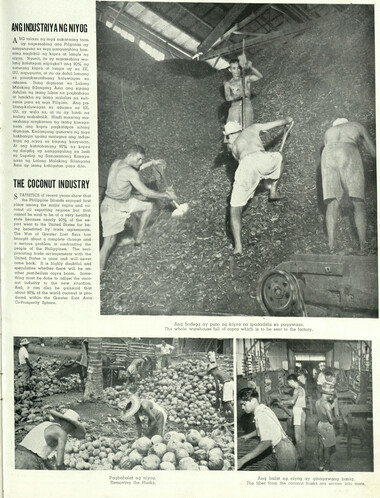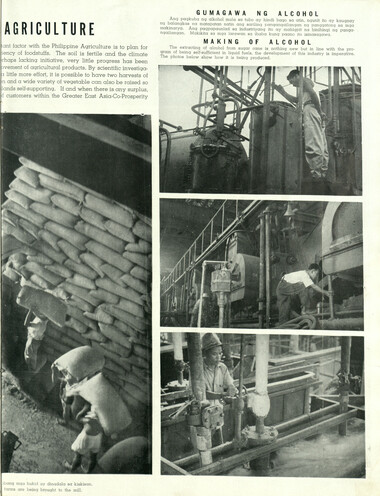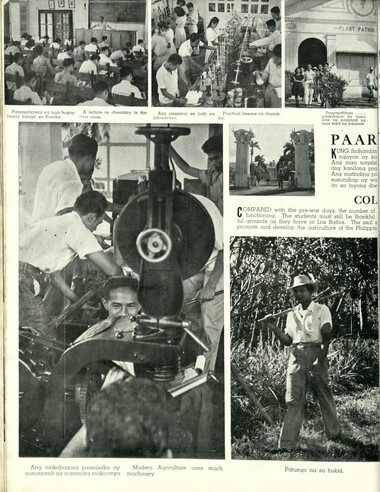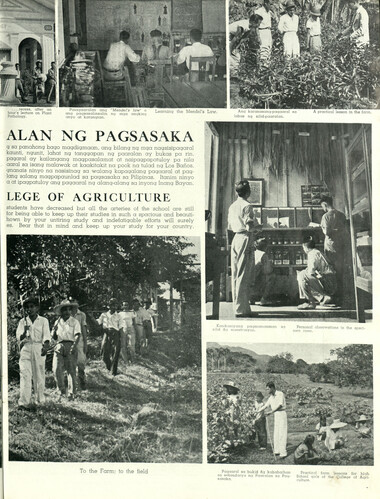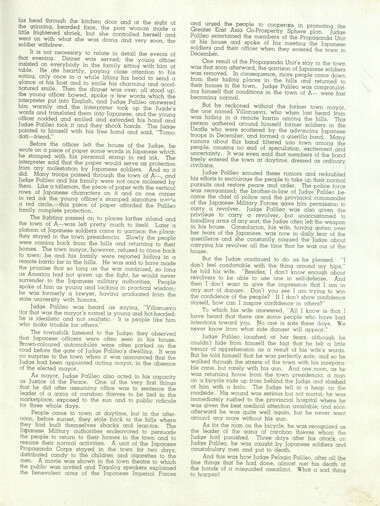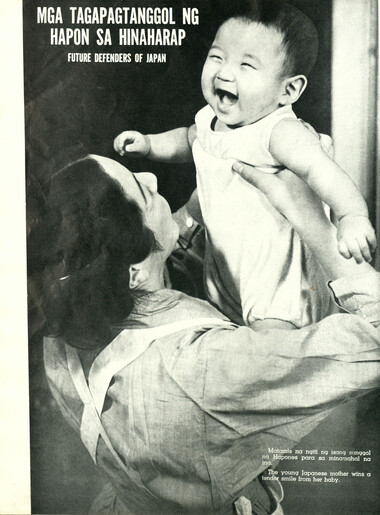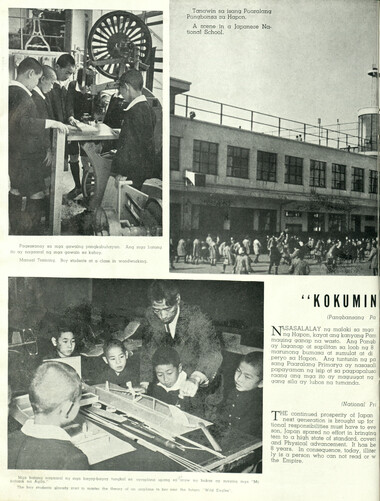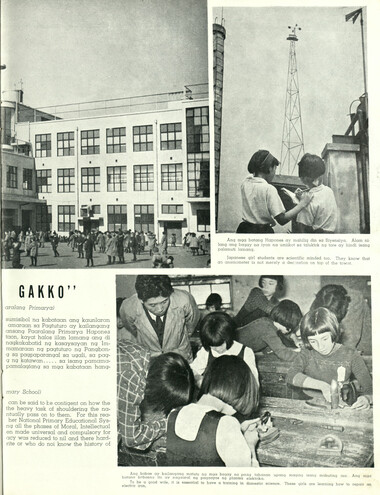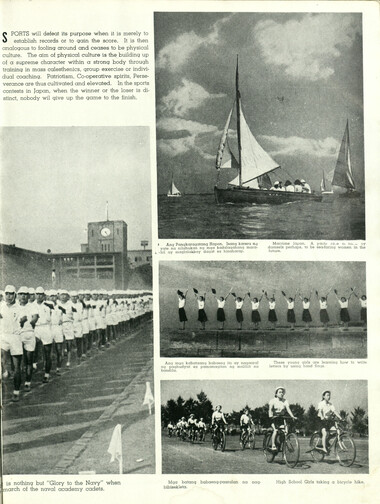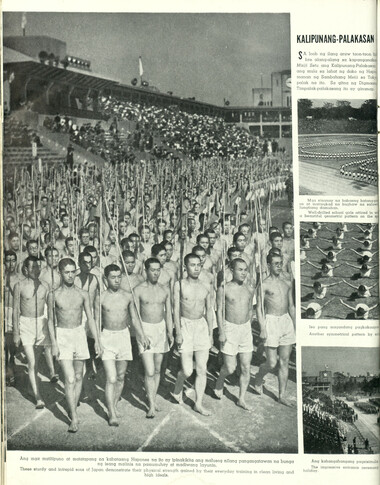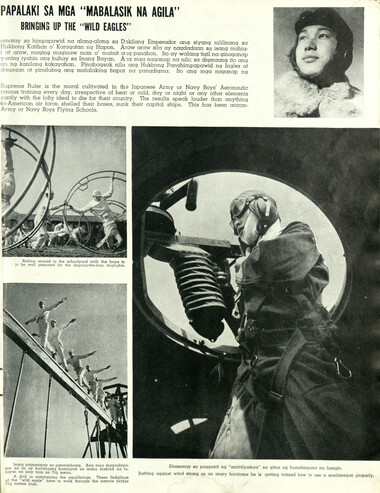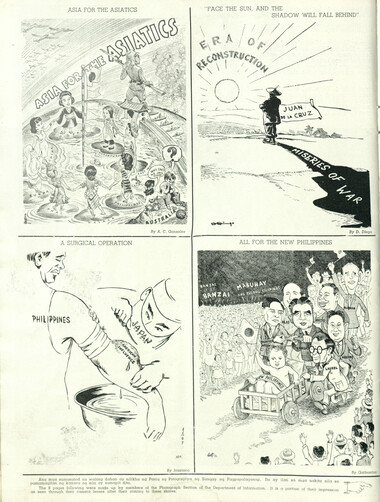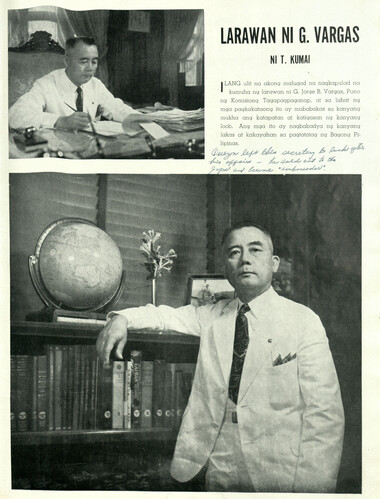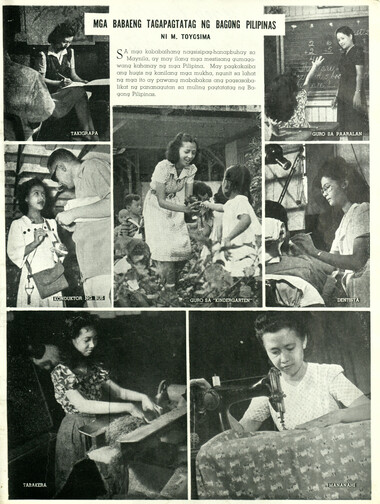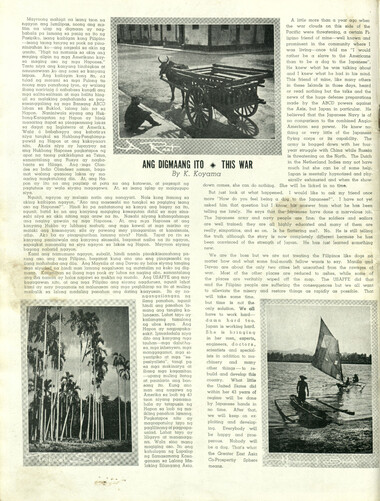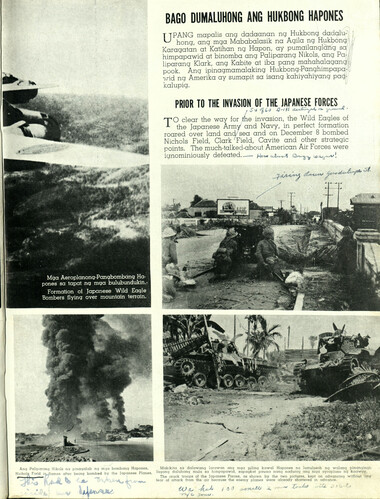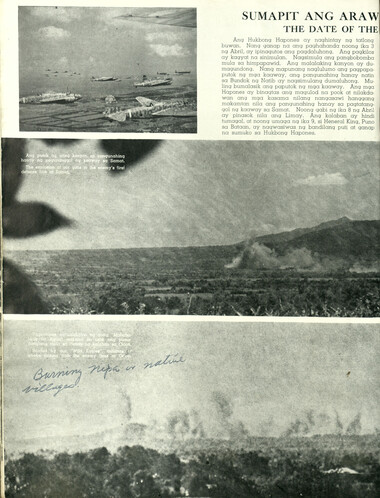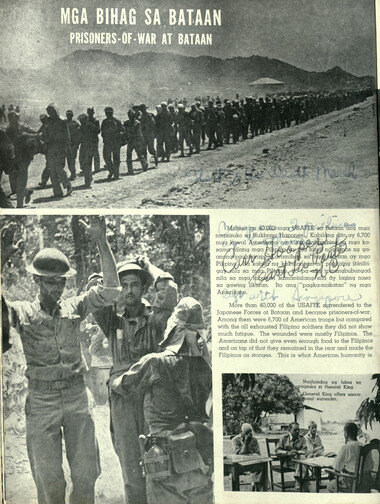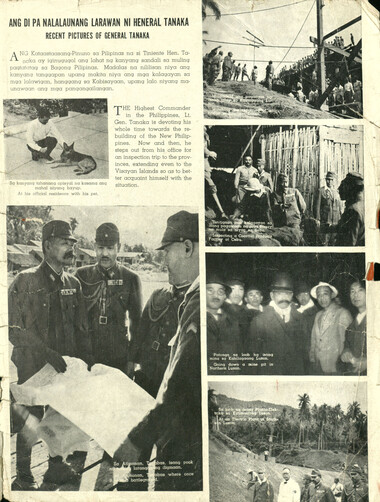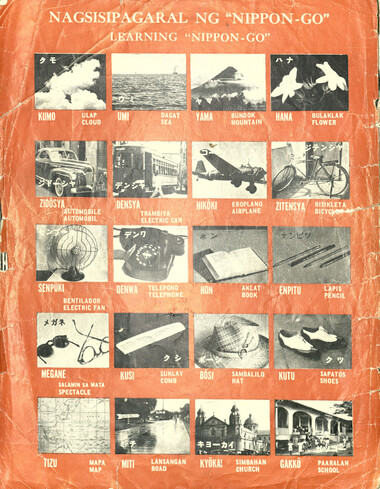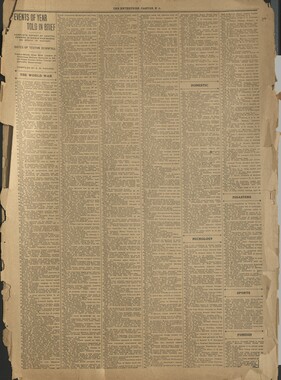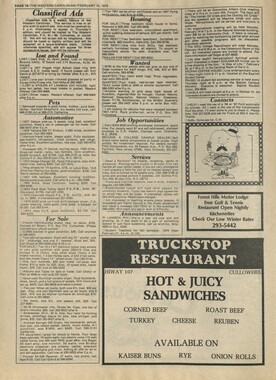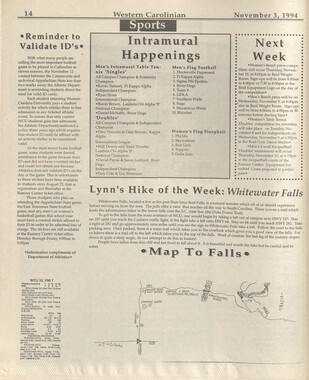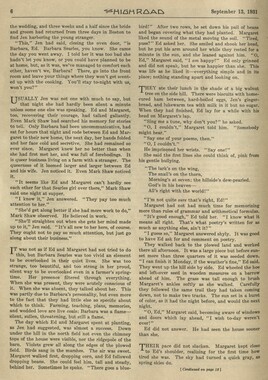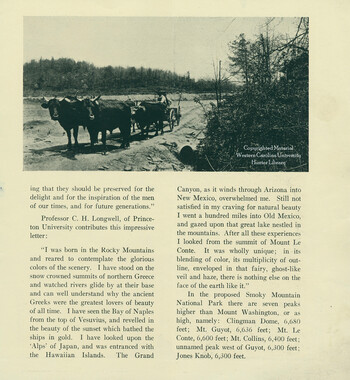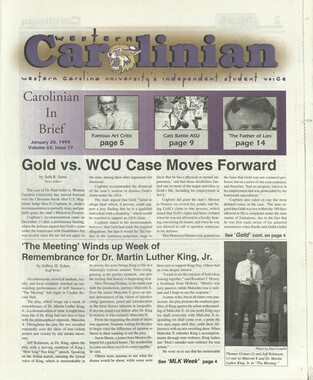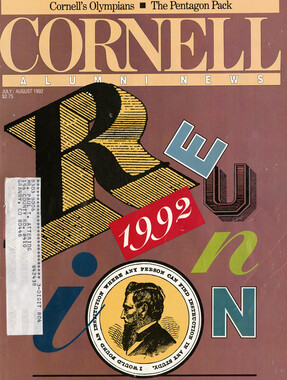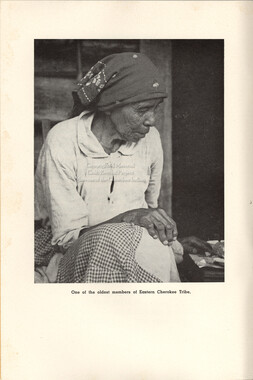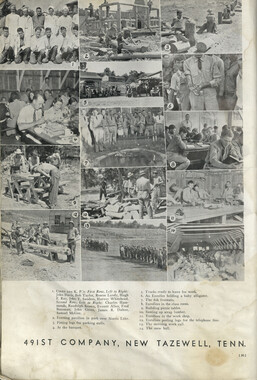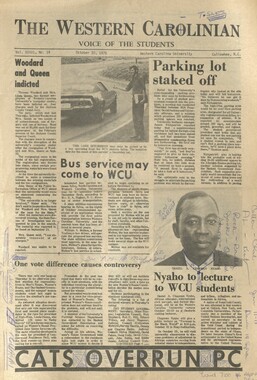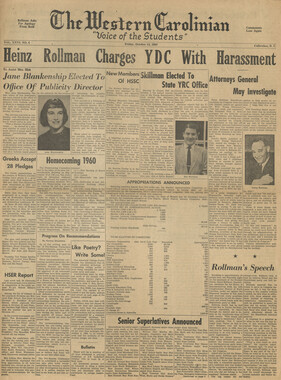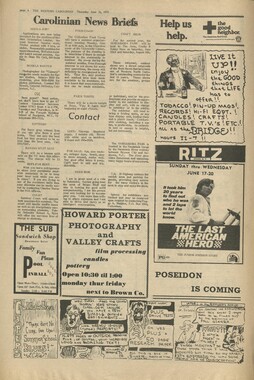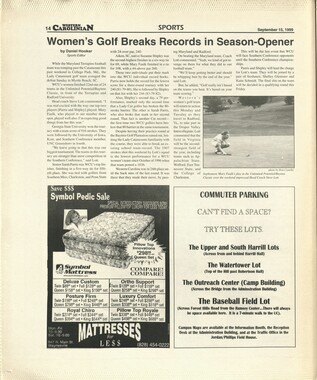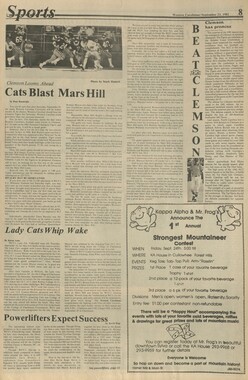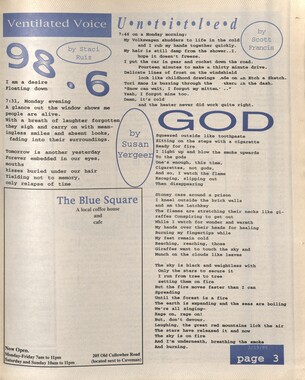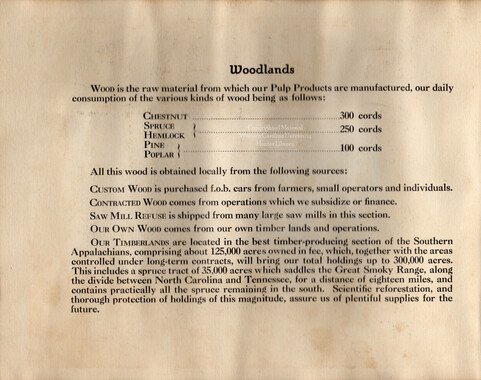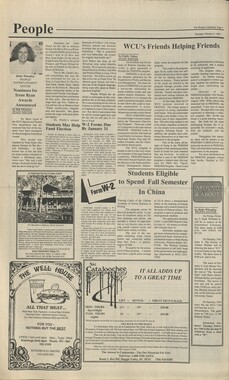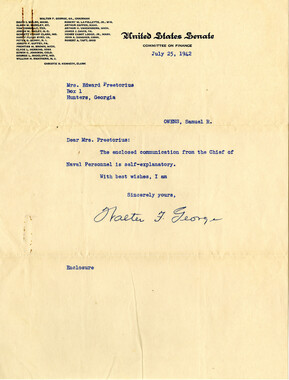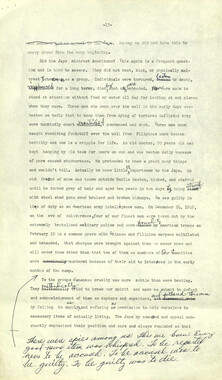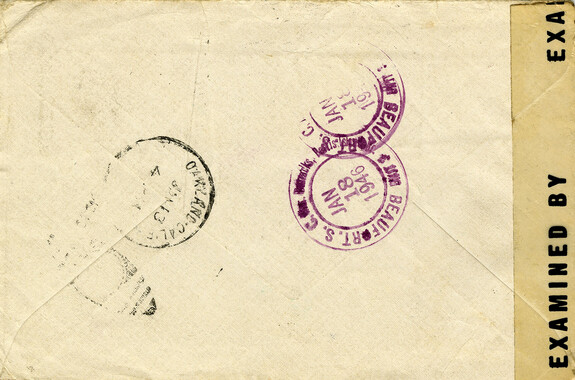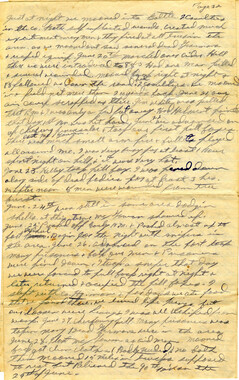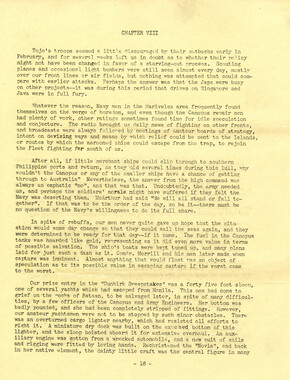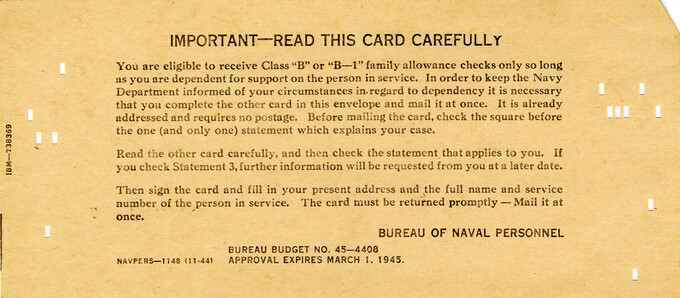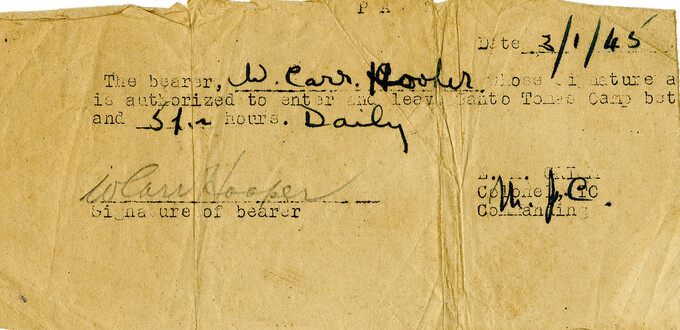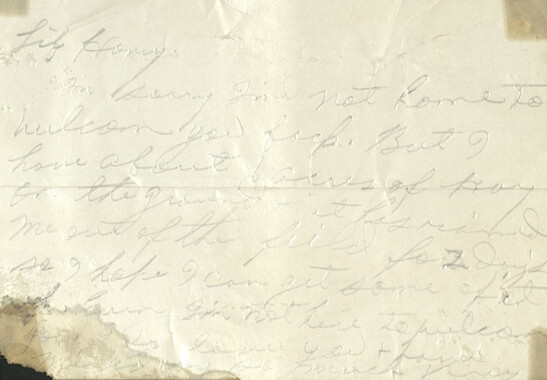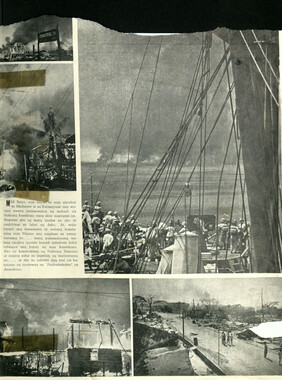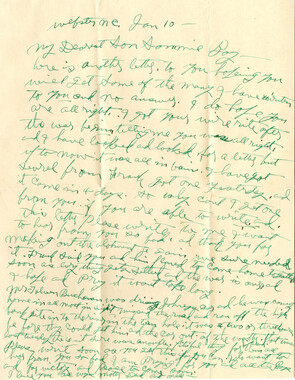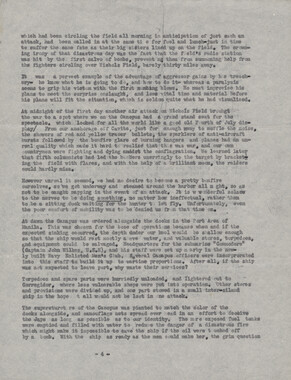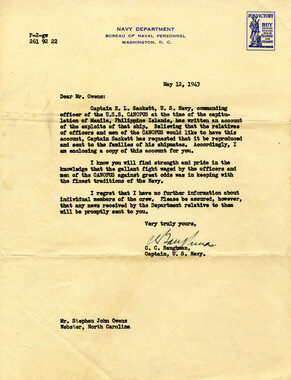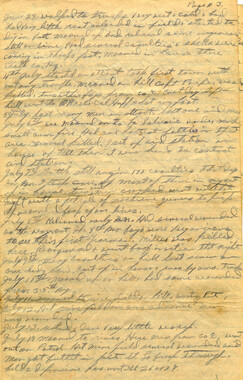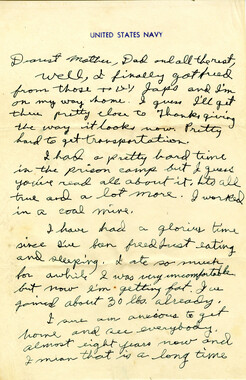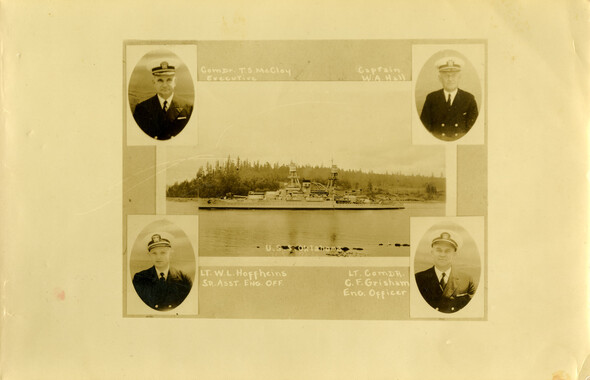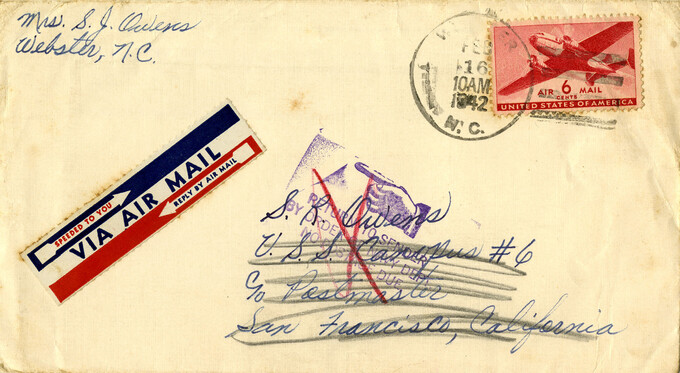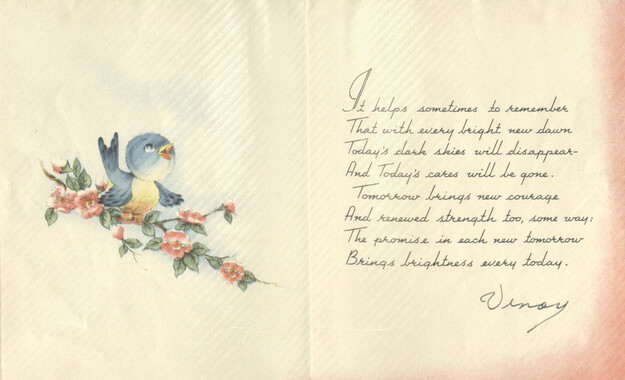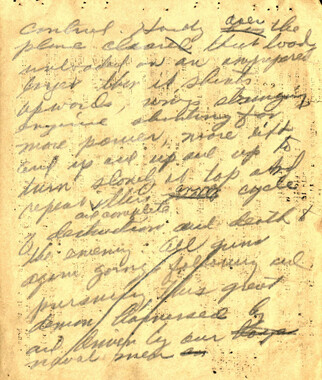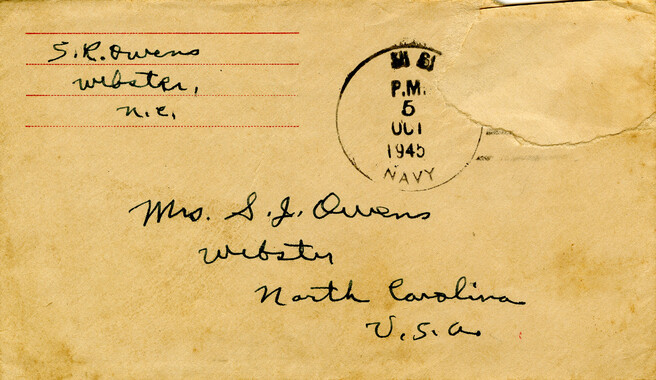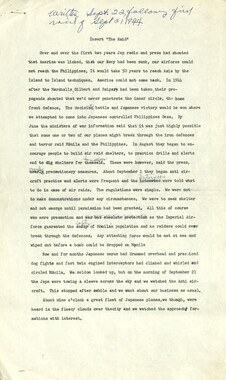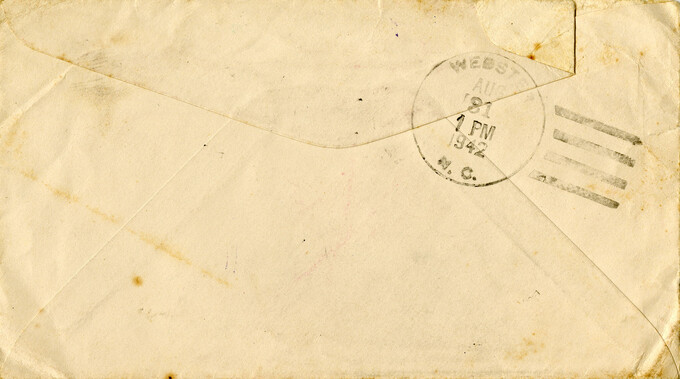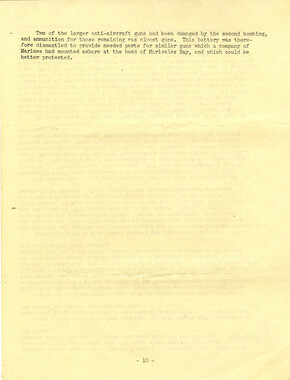Western Carolina University (20)
View all
- Canton Champion Fibre Company (2308)
- Cherokee Traditions (293)
- Civil War in Southern Appalachia (165)
- Craft Revival (1942)
- Great Smoky Mountains - A Park for America (2767)
- Highlights from Western Carolina University (430)
- Horace Kephart (941)
- Journeys Through Jackson (154)
- LGBTQIA+ Archive of Jackson County (24)
- Oral Histories of Western North Carolina (314)
- Picturing Appalachia (6772)
- Stories of Mountain Folk (413)
- Travel Western North Carolina (160)
- Western Carolina University Fine Art Museum Vitreograph Collection (129)
- Western Carolina University Herbarium (92)
- Western Carolina University: Making Memories (708)
- Western Carolina University Publications (2283)
- Western Carolina University Restricted Electronic Theses and Dissertations (146)
- Western North Carolina Regional Maps (71)
- World War II in Southern Appalachia (131)
University of North Carolina Asheville (6)
View all
- Owens, Samuel Robert, 1918-1995 (11)
- Allanstand Cottage Industries (0)
- Appalachian National Park Association (0)
- Bennett, Kelly, 1890-1974 (0)
- Berry, Walter (0)
- Brasstown Carvers (0)
- Cain, Doreyl Ammons (0)
- Carver, George Washington, 1864?-1943 (0)
- Cathey, Joseph, 1803-1874 (0)
- Champion Fibre Company (0)
- Champion Paper and Fibre Company (0)
- Cherokee Indian Fair Association (0)
- Cherokee Language Program (0)
- Crittenden, Lorraine (0)
- Crowe, Amanda (0)
- Edmonston, Thomas Benton, 1842-1907 (0)
- Ensley, A. L. (Abraham Lincoln), 1865-1948 (0)
- Fromer, Irving Rhodes, 1913-1994 (0)
- George Butz (BFS 1907) (0)
- Goodrich, Frances Louisa (0)
- Grant, George Alexander, 1891-1964 (0)
- Heard, Marian Gladys (0)
- Kephart, Calvin, 1883-1969 (0)
- Kephart, Horace, 1862-1931 (0)
- Kephart, Laura, 1862-1954 (0)
- Laney, Gideon Thomas, 1889-1976 (0)
- Masa, George, 1881-1933 (0)
- McElhinney, William Julian, 1896-1953 (0)
- Niggli, Josephina, 1910-1983 (0)
- North Carolina Park Commission (0)
- Osborne, Kezia Stradley (0)
- Penland Weavers and Potters (0)
- Rhodes, Judy (0)
- Roberts, Vivienne (0)
- Roth, Albert, 1890-1974 (0)
- Schenck, Carl Alwin, 1868-1955 (0)
- Sherrill's Photography Studio (0)
- Smith, Edward Clark (0)
- Southern Highland Handicraft Guild (0)
- Southern Highlanders, Inc. (0)
- Stalcup, Jesse Bryson (0)
- Stearns, I. K. (0)
- Thompson, James Edward, 1880-1976 (0)
- United States. Indian Arts and Crafts Board (0)
- USFS (0)
- Vance, Zebulon Baird, 1830-1894 (0)
- Weaver, Zebulon, 1872-1948 (0)
- Western Carolina College (0)
- Western Carolina Teachers College (0)
- Western Carolina University (0)
- Western Carolina University. Mountain Heritage Center (0)
- Whitman, Walt, 1819-1892 (0)
- Wilburn, Hiram Coleman, 1880-1967 (0)
- Williams, Isadora (0)
- 1910s (1)
- 1920s (1)
- 1930s (14)
- 1940s (103)
- 1950s (1)
- 1960s (2)
- 1970s (1)
- 1980s (2)
- 1990s (2)
- 1600s (0)
- 1700s (0)
- 1800s (0)
- 1810s (0)
- 1820s (0)
- 1830s (0)
- 1840s (0)
- 1850s (0)
- 1860s (0)
- 1870s (0)
- 1880s (0)
- 1890s (0)
- 1900s (0)
- 2000s (0)
- 2010s (0)
- 2020s (0)
- Buncombe County (N.C.) (3)
- Graham County (N.C.) (1)
- Jackson County (N.C.) (15)
- Appalachian Region, Southern (0)
- Asheville (N.C.) (0)
- Avery County (N.C.) (0)
- Blount County (Tenn.) (0)
- Cherokee County (N.C.) (0)
- Clay County (N.C.) (0)
- Great Smoky Mountains National Park (N.C. and Tenn.) (0)
- Haywood County (N.C.) (0)
- Henderson County (N.C.) (0)
- Knox County (Tenn.) (0)
- Knoxville (Tenn.) (0)
- Lake Santeetlah (N.C.) (0)
- Macon County (N.C.) (0)
- Madison County (N.C.) (0)
- McDowell County (N.C.) (0)
- Mitchell County (N.C.) (0)
- Polk County (N.C.) (0)
- Qualla Boundary (0)
- Rutherford County (N.C.) (0)
- Swain County (N.C.) (0)
- Transylvania County (N.C.) (0)
- Watauga County (N.C.) (0)
- Waynesville (N.C.) (0)
- Yancey County (N.C.) (0)
- Albums (books) (1)
- Cards (information Artifacts) (12)
- Clippings (information Artifacts) (11)
- Envelopes (6)
- Fliers (printed Matter) (1)
- Letters (correspondence) (70)
- Manuscripts (documents) (9)
- Memorandums (1)
- Newsletters (2)
- Newspapers (2)
- Occupation Currency (1)
- Photographs (19)
- Portraits (3)
- Postcards (1)
- Publications (documents) (2)
- Sheet Music (1)
- Aerial Photographs (0)
- Aerial Views (0)
- Articles (0)
- Artifacts (object Genre) (0)
- Biography (general Genre) (0)
- Crafts (art Genres) (0)
- Depictions (visual Works) (0)
- Design Drawings (0)
- Drawings (visual Works) (0)
- Facsimiles (reproductions) (0)
- Fiction (general Genre) (0)
- Financial Records (0)
- Glass Plate Negatives (0)
- Guidebooks (0)
- Internegatives (0)
- Interviews (0)
- Land Surveys (0)
- Maps (documents) (0)
- Minutes (administrative Records) (0)
- Negatives (photographs) (0)
- Paintings (visual Works) (0)
- Pen And Ink Drawings (0)
- Periodicals (0)
- Personal Narratives (0)
- Plans (maps) (0)
- Poetry (0)
- Programs (documents) (0)
- Questionnaires (0)
- Scrapbooks (0)
- Slides (photographs) (0)
- Sound Recordings (0)
- Specimens (0)
- Speeches (documents) (0)
- Text Messages (0)
- Tintypes (photographs) (0)
- Transcripts (0)
- Video Recordings (physical Artifacts) (0)
- Vitreographs (0)
- Samuel Robert Owens Collection (94)
- Venoy and Elizabeth Reed Collection (16)
- A.L. Ensley Collection (0)
- Appalachian Industrial School Records (0)
- Appalachian National Park Association Records (0)
- Axley-Meroney Collection (0)
- Bayard Wootten Photograph Collection (0)
- Bethel Rural Community Organization Collection (0)
- Blumer Collection (0)
- C.W. Slagle Collection (0)
- Canton Area Historical Museum (0)
- Carlos C. Campbell Collection (0)
- Cataloochee History Project (0)
- Cherokee Studies Collection (0)
- Daisy Dame Photograph Album (0)
- Daniel Boone VI Collection (0)
- Doris Ulmann Photograph Collection (0)
- Elizabeth H. Lasley Collection (0)
- Elizabeth Woolworth Szold Fleharty Collection (0)
- Frank Fry Collection (0)
- George Masa Collection (0)
- Gideon Laney Collection (0)
- Hazel Scarborough Collection (0)
- Hiram C. Wilburn Papers (0)
- Historic Photographs Collection (0)
- Horace Kephart Collection (0)
- Humbard Collection (0)
- Hunter and Weaver Families Collection (0)
- I. D. Blumenthal Collection (0)
- Isadora Williams Collection (0)
- Jesse Bryson Stalcup Collection (0)
- Jim Thompson Collection (0)
- John B. Battle Collection (0)
- John C. Campbell Folk School Records (0)
- John Parris Collection (0)
- Judaculla Rock project (0)
- Kelly Bennett Collection (0)
- Love Family Papers (0)
- Major Wiley Parris Civil War Letters (0)
- Map Collection (0)
- McFee-Misemer Civil War Letters (0)
- Mountain Heritage Center Collection (0)
- Norburn - Robertson - Thomson Families Collection (0)
- Pauline Hood Collection (0)
- Pre-Guild Collection (0)
- Qualla Arts and Crafts Mutual Collection (0)
- R.A. Romanes Collection (0)
- Rosser H. Taylor Collection (0)
- Sara Madison Collection (0)
- Sherrill Studio Photo Collection (0)
- Smoky Mountains Hiking Club Collection (0)
- Stories of Mountain Folk - Radio Programs (0)
- The Reporter, Western Carolina University (0)
- WCU Gender and Sexuality Oral History Project (0)
- WCU Mountain Heritage Center Oral Histories (0)
- WCU Oral History Collection - Mountain People, Mountain Lives (0)
- WCU Students Newspapers Collection (0)
- Western North Carolina Tomorrow Black Oral History Project (0)
- William Williams Stringfield Collection (0)
- Zebulon Weaver Collection (0)
- Dance (1)
- World War, 1939-1945 (103)
- African Americans (0)
- Appalachian Trail (0)
- Artisans (0)
- Cherokee art (0)
- Cherokee artists -- North Carolina (0)
- Cherokee language (0)
- Cherokee pottery (0)
- Cherokee women (0)
- Church buildings (0)
- Civilian Conservation Corps (U.S.) (0)
- College student newspapers and periodicals (0)
- Dams (0)
- Education (0)
- Floods (0)
- Folk music (0)
- Forced removal, 1813-1903 (0)
- Forest conservation (0)
- Forests and forestry (0)
- Gender nonconformity (0)
- Great Smoky Mountains National Park (N.C. and Tenn.) (0)
- Hunting (0)
- Landscape photography (0)
- Logging (0)
- Maps (0)
- Mines and mineral resources (0)
- North Carolina -- Maps (0)
- Paper industry (0)
- Postcards (0)
- Pottery (0)
- Railroad trains (0)
- Rural electrification -- North Carolina, Western (0)
- School integration -- Southern States (0)
- Segregation -- North Carolina, Western (0)
- Slavery (0)
- Sports (0)
- Storytelling (0)
- Waterfalls -- Great Smoky Mountains (N.C. and Tenn.) (0)
- Weaving -- Appalachian Region, Southern (0)
- Wood-carving -- Appalachian Region, Southern (0)
- StillImage (20)
- Text (111)
- MovingImage (0)
- Sound (0)
Shin Seiki: Bagong Araw. New Era
Item
Item’s are ‘child’ level descriptions to ‘parent’ objects, (e.g. one page of a whole book).
-
-
A Story for These Times By Manuel E. Arguilla WHEN advancing Japanese troops entered the town of A—., just before Christmas last year, Judge Pelagio Palileo was there to meet them. All the inhabitants of the town had fled, except Judge Palileo, who had remained behind with his family of six—his wife, a 17-year-old boy, a young daughter, the _.se_ven-year-old twins, both boys; and the youngest, a baby, one year and three months old. His wife whose name was Consolacion, Cion for short, had nervously urged him to flee like all the other inhabitants of the town. She had' become quite hysterical and screamed at him that they would all be killed. But Pelagio had grabbed her arm and given her a good shaking until she stopped screaming and only once in a while made a low, whimpering sound. Judge Palileo spoke to her, thrusting his face close to hers, and his mustache with its sprinkling of gray hair trembled as he spoke: "Be quiet, Cion; I know what-1 am doing. Be quiet, I tell you, or you'll get something you'll regret." And Cion, his wife, had become quiet. But when guns were fired at the outskirts of the town late in the afternoon and it was certain that the Japanese troops were near, Cion went to the bedroom and lay there wringing her hands, praying and wailing alternately, and promising her saints all kinds of promises if she and her children and her husband would only be spared. Once she pulled herself up and sat on the edge of the bed, her hair loose on her shoulders, strands of it falling down her face, so that she looked like a madwoman, and she struck the bed with her hand and declared that the first Japanese soldier she would see, she would brain with the wooden mallet that their maid used for beating clothes when she washed. This maid had fled with the other inhabitants of the town, having refused to stay with Judge Palileo's family. Having made her threat, Cion flung herself back in bed and buried her face in the pillow and made herself rigid, and strangling sounds escaped her throat. The 17-year-old son, whose name was Lucas, went in and sat by his mother and held her hand and tried to comfort her. Lucila, the young daughter, was with the twins and the baby in another room. Judge Palileo had commanded her not to close the door of the room and it was standing open. From the sala she could be seen with the children around her in the corner farthest from the door. As for Judge Palileo, he went out of the house and stood by the gate under the bougainvillea vine. It was growing dark rapidly and as the Judge stood there, he made a dim blur that merged easily with the shadows by the gate. The house stood by the main highway that passed through the middle of the town; it was partly screened from the road by fruit trees and several betel- nut palms planted more for decorative purposes than otherwise. The heavy tramp of marching men came to the Judge's ears. He looked back toward the house and saw that a light burned in the sala; it was probably the only light in all the houses of the town on that evening. The Judge did not remain by the gate; he left his post and returned to the house before the Japanese soldiers arrived. He knew the light in the house would attract their attention. So he waited for them in the sala. There was complete silence now in the house. The gate creaked open; boots grated up the path to the front door. A strange, high-pitched voice called out sharply. Judge Palileo now approached the door and he held in his right hand a small Japanese flag. There was a word that he had prepared to say on this occasion and it was on the tip of his tongue to say it. He bowed and the word came out of his mouth: "Tomo- dati," he said. Heels clicked; a rapid flow of Japanese words that ended with a stiff, military bow came from the slight figure on the lowest door-step, wearing the olive-coloured uniform of an officer. Judge Palileo saw dimly the faces of soldiers behind the officer; the light from the sala glinted on the naked steel of their bayonets. Then the young officer was coming up the steps with a word over his shoulder to his men who saluted and stayed where they were. The Judge led him to the sala and offered him a seat but the young officer smiled—he had a very good-natured and charming smile, the Judge noted; and remained standing. He spoke in Japanese and the Judge had to shake his head and confess that he did not know the language; he spoke in English and said that he knew a few Japanese words like fomodafi; sayonara; and mizu. The young officer looked at him in some perplexity for he himself did not understand English; then he smiled his ready, good-natured smile and went to the door and shouted something into the darkness where the soldiers were, and by and by a Japanese in civilian clothes, with a dark, bristly mustache, came up into the sala. He bowed to the young officer who returned his bow and then spoke to him rapidly in Japanese, smiling and gesturing toward Judge Palileo. Now and then the Japanese civilian sucked in his breath and said "Azuska" and nodded his head and Judge Palileo stood there with the Japanese flag in his hand. The interpreter told him that the officer meant no harm; he and his men were tired and hungry but they were going on through the town. They would like to stop for a short while to eat and get a drink of water. They had their own food with them but they needed water. The interpreter spoke in English and many times stopped while he hunted in his mind for the word he needed to express what he wanted to say. He said, "Ver' preased;" and "Ver' thankfur," but Judge Palileo had no trouble understanding him. And so it was that in a little while the whole Palileo household was busy preparing dinner, for the Judge had insisted on having the young officer and his staff for guests while the men had their meal on the roadside and around the house; the garden faucet was placed at their disposal. Lucas, the 17-year-old son of the Judge, left his mother's side and was presented to the officer; he went out to the garden and a soldier stopped him and passed his hands over the boy's pockets to see if he had any weapons. Finding none, he grunted and brought out a package of cigarettes, took one for himself, then oL'ered another to the boy. They lighted their cigarettes from the same match which the soldier struck. As for the Judge's wife, she went about the task of preparing dinner with the help of Lucila, the young daughter, in silent, nervous haste. Once a soldier stuck
Object
Object’s are ‘parent’ level descriptions to ‘children’ items, (e.g. a book with pages).
-
This edition of Japanese propaganda magazine, “Shin Seiki” (text in Tagalog and English), published by the Department of Information, was brought back to America by Carr and Ruth Hooper who were interned at Santo Tomas Internment Camp in Manila, Philippines from January 1942 to February 1945. Hand-written notes made by Carr refer to several photos and captions. The camp, also known as the Manila Internment Camp, was run by the Japanese military during World War II and housed over 3,000 internees from January 1942 until February 1945.
-
